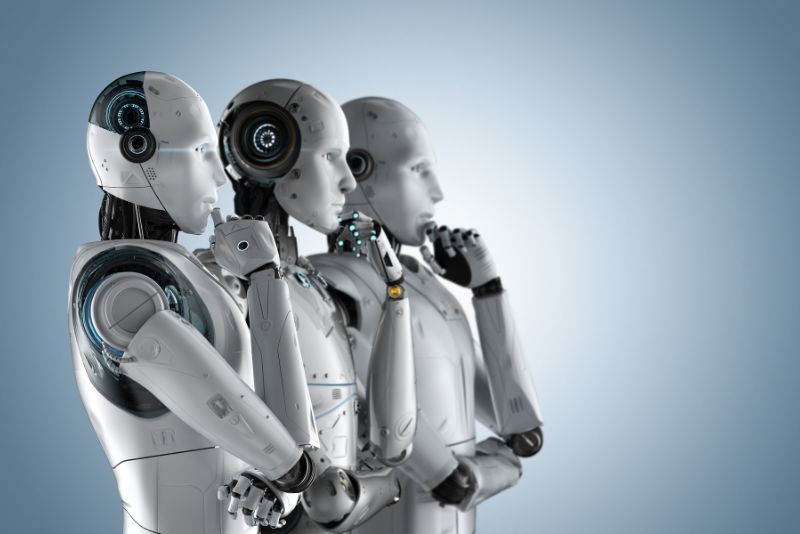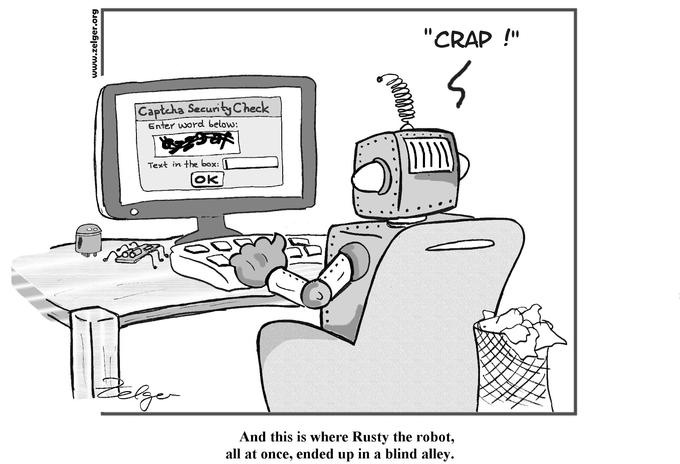
Jobs at Risk of Automation
The rise of automation and artificial intelligence has sparked fears that many jobs will be replaced by machines in the coming years. While there is no question that automation will drastically change the workforce, there are certain jobs that will always require human input.
In this article, we’ll explore the jobs that are safe from automation and those that are at risk. We’ll also offer tips on how to future-proof your career against automation.
The Age of Automation Is Upon Us
You’ve probably heard about the age of Artificial Intelligence and how it’s changing the way we work. But what does that mean for you and your career?
Simply put, automation is the use of technology to replace human labor. And as it continues to evolve, more and more jobs are becoming vulnerable to replacement by machines.
But don’t panic just yet. There are still a number of jobs that can’t be replaced by automation. Here are a few examples:
Driver: With the rise of autonomous vehicles, the role of the driver is becoming increasingly obsolete. But there will always be a need for someone to navigate vehicles through traffic and manage logistics.
Healthcare worker: From nurses to pharmacists, healthcare workers play a vital role in our society. Machines may be able to dispense medication and diagnose illnesses, but they can’t provide the compassionate care that human healthcare workers do.
Problem solver: Machines are great at following orders and completing repetitive tasks, but they’re not so good at thinking on their feet or coming up with creative solutions. That’s why jobs that require problem solving skills—like design or engineering—will always be in high demand.
What Does This Mean for Jobs?
So far we’ve looked at the skills and jobs that are safe from automation. But what about the other jobs? What about the jobs that can be replaced by machines?
Well, it’s hard to say for certain which jobs will be replaced by machines and which ones won’t. But we can make some guesses based on the trends we’re seeing. For example, jobs that involve repetitive tasks or that are easy to automate are more likely to be replaced.
That being said, there are still plenty of jobs that can’t be replaced by machines. Jobs that require creativity, problem-solving skills, or human interaction are safe from automation. So if you want to future-proof your career, you should focus on developing these skills.

Which Jobs Are Most at Risk?
According to an Adobe study, 70% of American office workers believe that face-to-face contact is required to do their jobs well. Almost 80% believe that the successful workers of the future will excel at collaboration. We all have the opportunity to continue to hone our uniquely human skill sets that machines will not demonstrate.
These are the professions that are considered the safest from our robot overlords:
- Recreational Therapists
- First-Line Supervisors of Mechanics, Installers, and Repairers
- Emergency Management Directors
- Mental Health and Substance Abuse Social Workers
- Audiologists
- Occupational Therapists
- Orthotists and Prosthetists
- Healthcare Social Workers
If you’re concerned about the impact of automation on your career, it’s important to focus on developing skills that are difficult to replicate. These include:
- Cognitive skills, such as critical thinking and problem solving
- Creativity and imagination
- Social and emotional intelligence
How Can You Future-Proof Your Career?
So, how can you future-proof your career automation? Here are a few tips:
1. Keep learning and expanding your skillset: As technology advances, so will the tools and methods used to automate tasks. If you can keep up with the latest changes in AI and learn new skills, you’ll be in a better position to stay ahead of the curve.
2. Focus on roles and tasks that are difficult to automate: There are certain jobs and tasks that will always require human involvement, such as those that require creativity, emotional intelligence or social skills. So, if you’re looking to future-proof your career, consider roles that fall into these categories.
3. Stay adaptable: The world of work is changing constantly, and you need to be prepared to adapt with it. Keep an open mind and be willing to take on new challenges. If you’re able to stay flexible and versatile, you’ll be better equipped to handle the impact of automation on the workforce.
4. Diversify your skills: Don’t rely on one skill or job for your livelihood. Be flexible and adaptable, and have a range of skills to fall back on.
5. Think outside the box: If you can’t find a traditional job that’s safe from automation, think about ways to create your own career path. Be innovative and entrepreneurial, and think about how you can use your skills to create new opportunities.
What Skills Will Be in Demand?
Some experts believe that natural language processing (NLP) will be one of the most sought-after skills, as it’s essential for tasks such as customer service and transcription. Other in-demand skills include data analysis, programming, and specific task-based roles under computer science that can’t be easily replaced by automation.
Takeaways
It’s important to stay aware of how automation is changing the workforce and to upskill accordingly. However, there are some jobs that will always require human interaction and can’t be replaced by automation. In order to future-proof your career, it’s important to focus on developing skills that are difficult to automate, such as creativity, critical thinking, and interpersonal skills.
AI will not replace humans any time soon. But it will automate menial and redundant tasks, and that’s a good thing as it will free up time for humans to do more meaningful work.
Author: Be inspired by Asef Islam, a rising leader in the world of AI and medicine. With a solid academic background from Johns Hopkins and Stanford, and a deep understanding of deep learning, he’s using his skills to tackle some of the biggest challenges in the field.
Gangtokian Web Team
















































